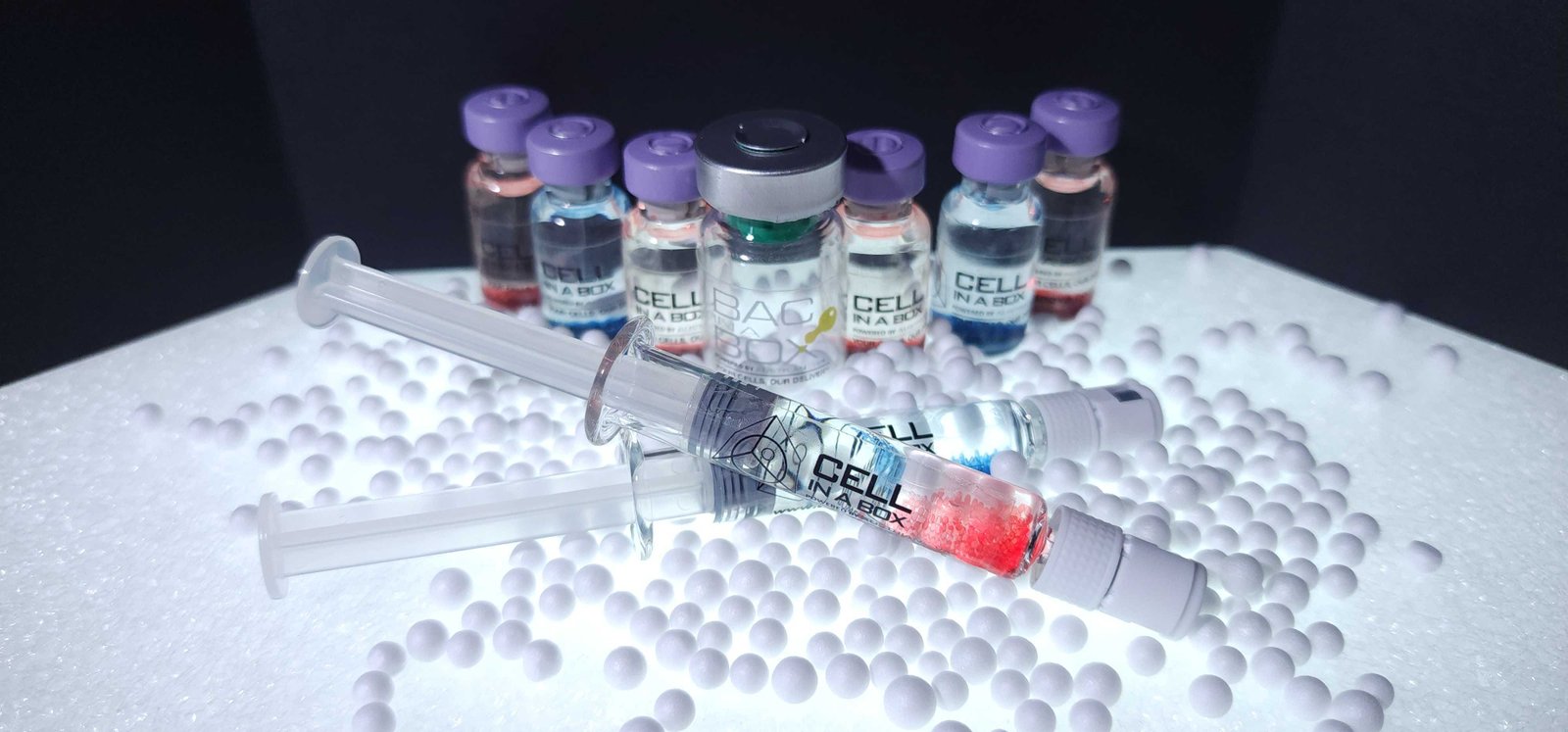
Photo Credit: Austrianova
Austrianova, a member of the SGAustria group of companies, and a leading provider of cell encapsulated products as well as other biological products and services, has announced a newly published study demonstrating that one administration of Cell-in-a-Box® encapsulated cells followed by multiple rounds (metronomic) of low dose ifosfamide controls tumor growth in a mouse model of pancreatic cancer.
Chemotherapeutics such as ifosfamide and cyclophosphamide are normally inactive until they are metabolized by cytochrome P450 enzymes, primarily in the liver. The new publication from the University of Veterinary Medicine, Vienna and Austrianova that appeared in the international, peer-reviewed journal, Life, documents that a single implantation of Cell-in-a-Box® encapsulated cells (that have been modified to make a particularly active cytochrome P450) is able to activate at least 15 sequentially administered rounds of low dose ifosfamide treatments.
Crucially, this study shows that the encapsulated cells remain alive and active and that the encapsulated cells are protected from the damaging effects of the activated chemotherapeutic. The encapsulated cell therapy has already shown promise in previous human clinical trials in which only two rounds of low dose ifosfamide treatment were administered without the usual side effects of chemotherapy and this new study thus supports the design concept of a later stage clinical trial with multiple doses of ifosfamide for pancreatic cancer.
Austrianova CEO, Brian Salmons, said “This newly published study not only supports a metronomic treatment regime for patients given Cell-in-a-Box® plus low dose ifosfamide but it also demonstrates long term survival of encapsulated human cells in two different mouse models with and without the low dose chemotherapy.”
Walter H. Gunzburg, Chairman of Austrianova, added “The principle behind this treatment can be used for many different solid tumors but also for long term delivery of any biotherapeutically active molecule, for example those that are needed for treatments outside the area of cancer such as diabetes, metabolic diseases, enzyme deficiencies etc.”




